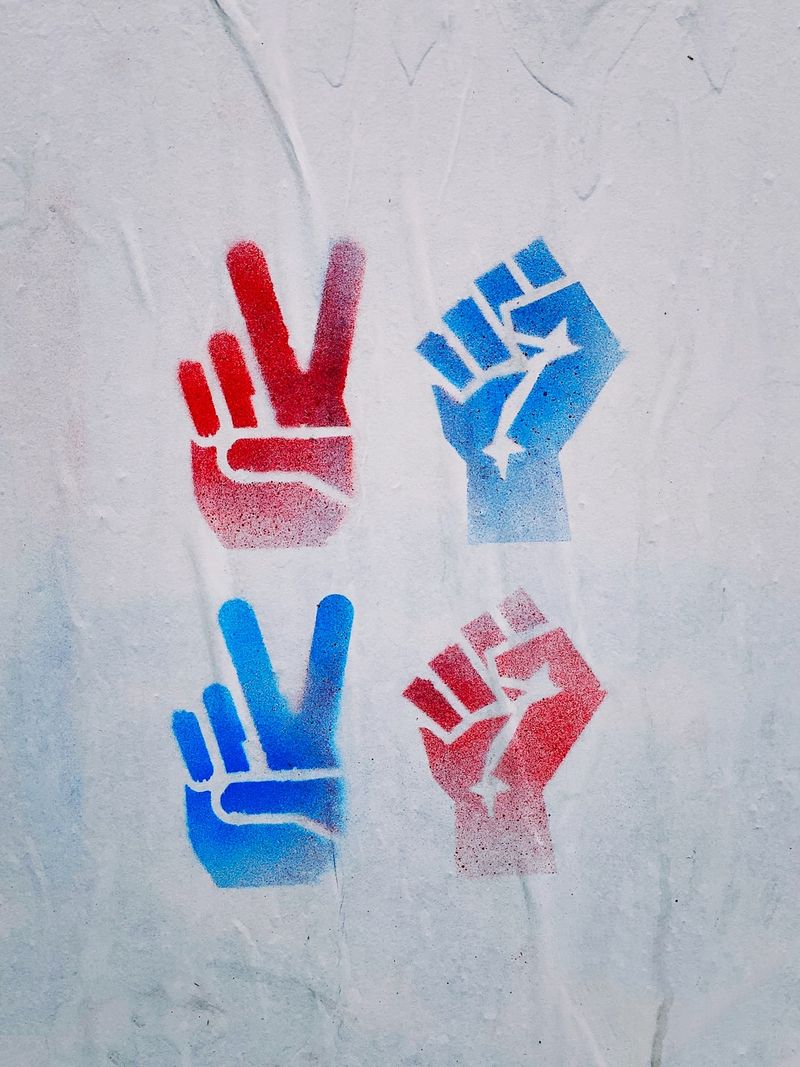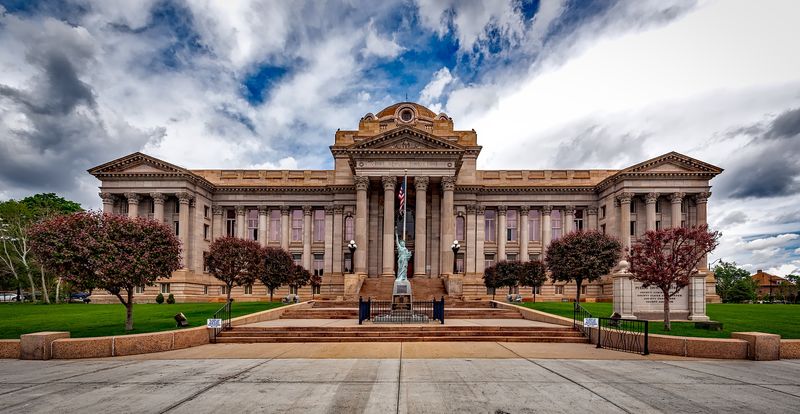Remembering Charles J. Ogletree Jr.’s Legacy as a Champion for Equal Justice
Charles J. Ogletree Jr., a renowned Harvard law professor, passed away on Friday at the age of 70. Throughout his career, he made significant contributions to the fields of criminal justice, school desegregation, and reparations, while also mentoring a new generation of Black lawyers, including President Barack Obama and Michelle Obama.
A Trailblazer in the Courtroom and the Classroom
Ogletree’s journey is a testament to his resilience and determination. As the son of California tenant farmers, he rose from poverty to become one of the most prominent civil rights lawyers in the country. His impact was felt both inside and outside the courtroom.
Throughout his career, Ogletree passionately advocated for fair treatment for Black people in the courts. He defended clients ranging from Tupac Shakur to the survivors of the Tulsa Race Massacre of 1921. His commitment to justice extended beyond high-profile cases, as he also advocated for indigent individuals who faced injustices in the streets of Boston.
As a professor at Harvard Law School, Ogletree furthered his impact by expanding clinical training efforts and founding the Criminal Justice Institute. This institute offered students the opportunity to work in juvenile and district courts, providing them with practical experience in public and indigent defense.
Ogletree also recognized the need for additional support for Black students at Harvard. He created “Saturday School,” an informal program that offered tutoring, advice, and diverse guest speakers to address the unique challenges faced by Black students on campus.
Obama’s Mentor and Trusted Advisor
One of Ogletree’s most significant contributions was his mentorship of Barack Obama during his time at Harvard Law School and beyond. Their relationship extended into Obama’s presidency, with Ogletree offering advice and encouragement during the 2008 campaign.
Ogletree’s mentorship served as a foundation for Obama’s growth and development as a leader. The support and guidance provided by Ogletree exemplified the qualities of a true friend.
Reframing Legal Debates and Advancing Civil Rights
Ogletree’s impact extended beyond the courtroom. He played a pivotal role in reframing debates around criminal justice, school desegregation, and reparations during the 1990s and 2000s.
His work as the lead counsel to Anita Hill during the 1991 Clarence Thomas confirmation hearings catapulted him to national attention. Ogletree’s support for Hill, along with his legal advice, media strategy, and presence during her televised testimony, highlighted his skills as a public intellectual and legal commentator.
Throughout the 1990s, Ogletree moderated a series on legal ethics for PBS and served as an on-air analyst for NBC during the O.J. Simpson trial. His analysis challenged the media’s biased coverage of Black Americans and shed light on the systemic biases that facilitated police and legal misconduct.
In 2003, Ogletree joined the legal team representing survivors of the Tulsa Race Massacre, demanding restitution for the destruction of the Greenwood neighborhood. Although the suit was dismissed, it brought attention to a forgotten atrocity in American history and sparked conversations about the debt the country owed its Black citizens.
A Scholar’s Contributions to Civil Rights Jurisprudence
Ogletree, primarily known as a practitioner of the law, also made significant contributions to civil rights jurisprudence. His book, “All Deliberate Speed: Reflections on the First Half-Century of Brown v. Board of Education,” challenged the Supreme Court’s failure to fully address the issues of racial segregation and inequality in education.
Despite its acclaim, the book faced controversy when it was revealed that Ogletree inadvertently plagiarized six paragraphs from another author. While the incident was deemed accidental, it served as a reminder of the challenges and complexities of scholarship.
Editorial: Continuing the Fight for Equal Justice
Charles J. Ogletree Jr.’s impact as a champion for equal justice cannot be understated. His dedication to his clients, his students, and the cause of civil rights leaves behind a legacy that will inspire generations to come.
Ogletree’s work in the courtroom challenged systemic biases and fought for fairness for all, regardless of race or socioeconomic status. His mentorship of President Obama serves as a reminder of the importance of guidance and support in shaping future leaders.
As we remember Ogletree, it is vital to continue the fight for equal justice. The issues he championed, such as criminal justice reform, school desegregation, and reparations, still require our attention and action.
His work should motivate us to question the status quo, challenge systemic biases, and advocate for real change. We should strive to create a society that truly treats all individuals fairly, regardless of their background or circumstances.
Advice: Empowering the Next Generation
In honor of Charles J. Ogletree Jr.’s legacy, it is crucial for us to empower the next generation of changemakers. We must foster an inclusive environment that encourages diverse voices to be heard and amplified.
By supporting educational programs, providing mentorship, and advocating for equal opportunity, we can ensure that future leaders have the tools and resources needed to continue the fight for equal justice.
Additionally, we must hold our institutions and leaders accountable. We must demand equitable policies and challenge systemic injustices. By actively participating in our democracy, we can create real change and honor Ogletree’s tireless efforts.
As we mourn Ogletree’s passing, let us be reminded that the fight for equal justice is ongoing. Let us carry forward his legacy, armed with knowledge, empathy, and a commitment to building a more just and equitable society for all.

<< photo by Jon Tyson >>
The image is for illustrative purposes only and does not depict the actual situation.




